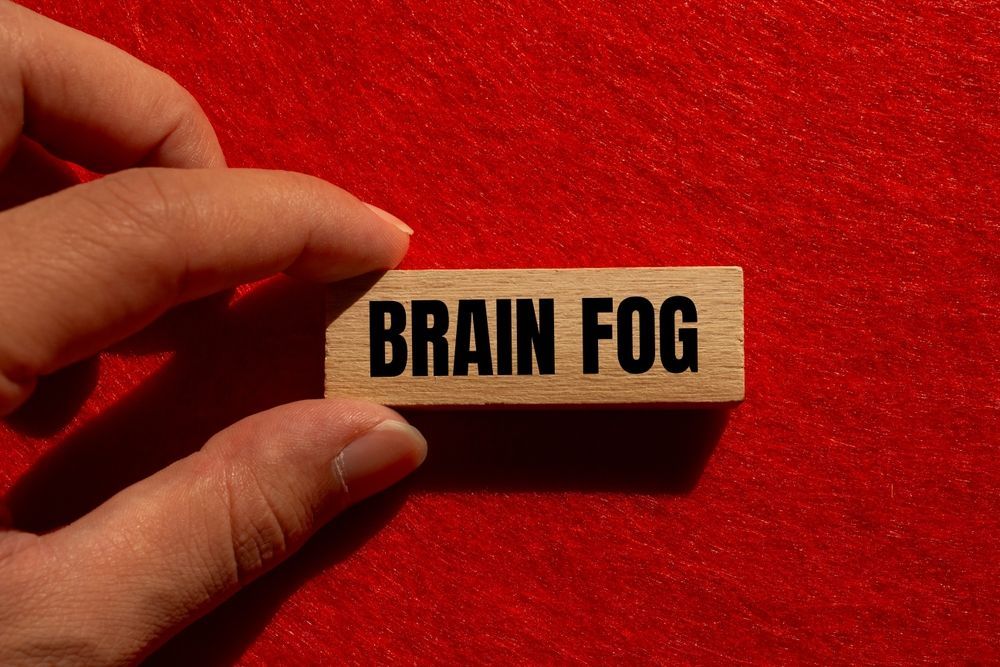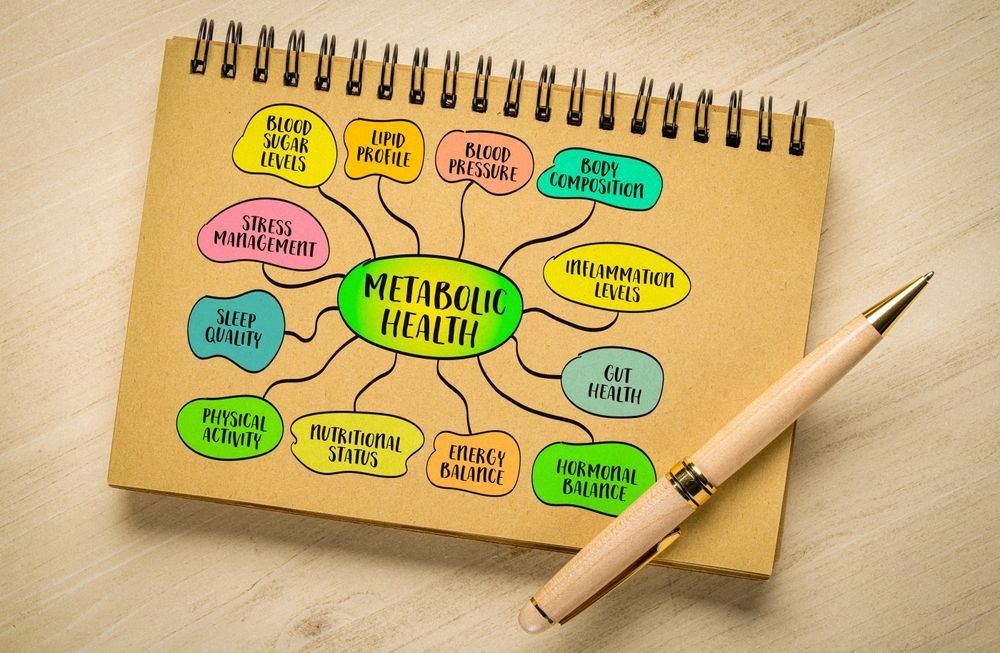Why IV Therapy with Vitamin B12 is Essential for Vegetarians
Vitamin B12 plays a critical role in maintaining overall health, particularly for those following a vegetarian diet. This article explores the essential functions of Vitamin B12, the connection between vegetarianism and potential deficiencies, and how IV therapy can help ensure adequate absorption of this vital nutrient.
Understanding the Role of Vitamin B12 in the Body
Vitamin B12, also known as cobalamin, is a water-soluble vitamin crucial for various bodily processes. It is essential for the production of red blood cells, DNA synthesis, and proper neurological function. The body does not produce B12 on its own, which is why dietary intake or supplementation is necessary.
Moreover, Vitamin B12 is instrumental in energy metabolism and aids in the maintenance of healthy nerve function. A deficiency in this vitamin can lead to severe health issues, including fatigue, weakness, and neurological disorders.
The Importance of Vitamin B12 for Overall Health
The significance of Vitamin B12 extends beyond just energy levels. It supports brain health and has been linked to mood regulation. A lack of B12 can contribute to symptoms of depression and cognitive decline. For vegetarians, who may not consume adequate amounts of B12-rich foods like meat, fish, and dairy, understanding the importance of this vitamin is vital for maintaining mental and physical well-being.
How Vitamin B12 Functions in the Body
Vitamin B12 functions through various mechanisms in the body. It assists in the formation of myelin, the protective sheath around nerves, which facilitates efficient communication between the brain and the body. Additionally, it plays a role in the synthesis of neurotransmitters, which are crucial for mood regulation and cognitive function.
Furthermore, B12 is involved in the metabolism of homocysteine, an amino acid that, in elevated levels, can increase the risk of cardiovascular diseases. Therefore, having adequate B12 levels is essential for heart health as well.
The Connection Between Vegetarianism and Vitamin B12 Deficiency
Vegetarian diets often lack sufficient sources of Vitamin B12, which puts individuals who follow this dietary pattern at a greater risk of deficiency. Unlike omnivores, vegetarians may miss out on the natural sources of this vitamin, leading to potential health complications over time.
Why Vegetarians are at Risk of Vitamin B12 Deficiency
Vegetarians are particularly vulnerable to Vitamin B12 deficiency due to their restricted diets. The primary dietary sources of B12 are animal-based foods. While some plant foods like fortified cereals or nutritional yeast can provide B12, they are not always sufficient to meet daily requirements.
This deficiency is accentuated in those who strictly avoid all animal products, including eggs and dairy. As a result, many vegetarians may need to explore alternative methods of obtaining B12, including supplementation or fortified foods.
The Impact of Diet on Vitamin B12 Levels
The impact of diet on B12 levels is significant. Research indicates that vegetarians often report lower blood levels of B12 compared to their meat-eating counterparts. Malabsorption issues, whether due to digestive disorders or the aging process, can also hinder effective utilization of B12 from foods.
It is crucial for vegetarians to undergo regular screening for B12 levels and consider dietary adjustments or supplements if necessary.
The Benefits of IV Therapy for Vitamin B12 Absorption
IV therapy offers an effective method for enhancing Vitamin B12 absorption in individuals who struggle to obtain adequate levels through diet alone. This method delivers the vitamin directly into the bloodstream, bypassing gastrointestinal absorption issues that some individuals may experience when taking oral supplements.
How IV Therapy Works for Vitamin B12 Delivery
During IV therapy, a healthcare professional administers a solution containing Vitamin B12 directly into the bloodstream through a vein. This method ensures rapid delivery and immediate availability to the cells that require it. As a result, individuals may experience quicker improvements in symptoms associated with B12 deficiency.
In addition to B12, IV therapy often includes a range of vitamins and minerals, contributing to overall health and wellness.
Comparing Oral Supplements and IV Therapy for Vitamin B12
While oral supplements can be beneficial for some individuals, they may not be effective for everyone, especially those with malabsorption disorders. Studies suggest that IV therapy can raise B12 levels more significantly than oral supplementation.
Moreover, oral supplements may require daily intake over an extended period, while IV therapy can often deliver a more substantial dose in a single treatment session. This factor can make IV therapy a more convenient option for individuals needing quick correction of their B12 levels.
Addressing Common Concerns About IV Therapy
As with any medical procedure, potential patients often have concerns about safety and efficacy. Understanding these aspects is essential when considering IV therapy for Vitamin B12 supplementation.
Safety and Efficacy of IV Therapy for Vitamin B12
IV therapy has been deemed safe for most individuals when administered by trained healthcare providers. Side effects are generally minimal and may include minor discomfort at the injection site or temporary changes in blood pressure.
Clinical studies also support the effectiveness of IV therapy in improving B12 levels and alleviating related symptoms, making it a reliable option for those with deficiencies.
Debunking Myths About IV Therapy
Several myths surround IV therapy, including misconceptions about its necessity and effectiveness. Many people believe that IV therapy is only for severe cases; however, it can be a proactive treatment for those at risk of deficiency as well. Additionally, the idea that IV therapy is painful or overly complicated is largely exaggerated, as most patients report it as a manageable and quick procedure.
Making the Decision: Is IV Therapy Right for You?
Deciding to pursue IV therapy is a personal choice that should be informed by individual health needs and circumstances. Understanding the benefits and considerations involved is crucial in making this decision.
Factors to Consider When Choosing IV Therapy
- Your current B12 levels and overall health status.
- Dietary habits and potential intake of fortified foods.
- Any underlying health issues that may affect absorption.
- Your personal comfort level with medical procedures.
Consulting with Your Healthcare Provider About IV Therapy
Before proceeding with IV therapy, it's essential to consult with a healthcare provider. They can assess your individual needs, conduct necessary testing, and provide guidance on the best course of action for maintaining adequate Vitamin B12 levels. This collaboration ensures that you make an informed decision that aligns with your health goals.
In conclusion, IV therapy for Vitamin B12 is a valuable option for vegetarians seeking to boost their levels of this essential nutrient. Understanding its role, recognizing deficiency risks, and knowing when to seek treatment can help maintain optimal health.











